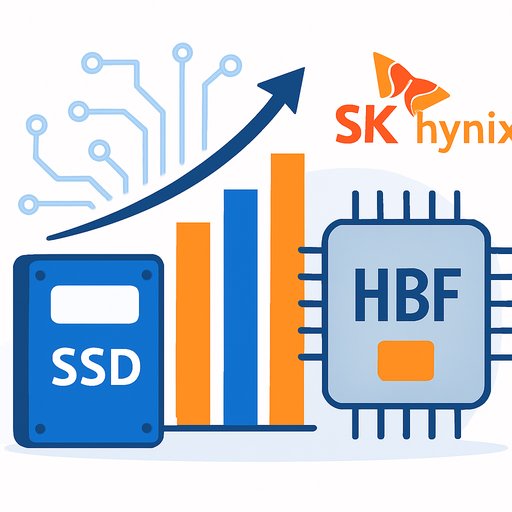Development suite continues Alation's foray into agentic AI
Alation has introduced Agent Builder, a suite for building and deploying agentic AI applications that act on structured data. Announced at the revAlation user conference in Chicago, the suite sits on a metadata Knowledge Layer within Alation's Agentic Data Intelligence Platform to give agents business context. It is in private beta now, with general availability planned for the first quarter of 2026.
What Agent Builder does
The suite provides a framework to move from prototypes to production using governed, catalog-aware context. It supports integration through the Model Context Protocol (MCP) and REST APIs, includes prebuilt agents, and offers no-code assembly for faster delivery. Security, governance inheritance, and built-in evaluations aim to keep accuracy high and drift in check.
- No-code builder for assembling workflows and policies
- Prebuilt agents for common use cases
- Metadata-driven context via a Knowledge Layer
- Connectors through MCP and REST APIs
- Security and governance embedded into agent behavior
- Evaluation and monitoring to assess accuracy and reliability
Why it matters for IT, data, and product leaders
Enterprises are shifting from chatbots to agents that can reason and take actions with minimal prompting. The gap is operationalizing these agents with trustworthy data, clear lineage, and policy-aware guardrails. Agent Builder targets that gap by grounding agents in structured data and governance, which analysts say is where reliability is won or lost.
How it's different
Many vendors now offer agent tooling, but Alation's angle is metadata-first accuracy. The suite ties evaluation pipelines and governance inheritance directly to structured data products. For teams that already use Alation's catalog, this creates a familiar control plane for agent context, policy, and quality.
Competitive context
Snowflake, Databricks, AWS, Google Cloud, Microsoft, and Informatica have all introduced agent-focused capabilities. Agent Builder keeps Alation in that conversation. Analysts view the move as table stakes for relevance, with differentiation hinging on how well the metadata Knowledge Layer improves accuracy at scale.
Origins and intent
Agent Builder builds on technology from Alation's acquisition of Numbers Station. Leadership frames it as a response to a common bottleneck: most AI pilots stall before production. By packaging evaluations, governance, and metadata context, Alation wants enterprises to own and trust agents that run in production without vendor lock-in concerns.
Roadmap signals
Alation's near-term focus includes stronger agent capabilities, deeper governance, better data product management, and staying both sovereign and open for integrations. The direction suggests more automation on curation and remediation workflows, not just catalog search.
Gaps and opportunities
Experts point to room for growth. Suggestions include event-driven and real-time agents that respond to data change events, broader support for unstructured and multimodal inputs, and moving from a passive repository to proactive, recommendation-driven operations. There's also an opening to build agents that act on organizational intelligence held inside the catalog.
Practical steps to evaluate Agent Builder
- Use-case fit: Target structured data actions with clear policies and lineage needs.
- Pilot design: Define success metrics for accuracy, latency, and handoff rates before building.
- Governance mapping: Map existing catalog policies to agent behaviors and escalation paths.
- Integration check: Validate MCP/REST access to your sources and orchestration tools.
- Security review: Test role-based access, PII handling, and audit trails end-to-end.
- TCO and scale: Model costs for evaluations, monitoring, and peak workloads.
- Change management: Plan for owner playbooks, alerting, and incident response.
- Exit strategy: Ensure agents, prompts, and policies are portable to avoid lock-in.
Who should consider it
Organizations with mature structured data estates and strict governance requirements. Teams already invested in Alation's catalog and policy models. Regulated industries that need agents to inherit controls and prove accuracy.
If your team is building an agent strategy and needs skills coverage across data, engineering, and product, explore curated AI courses by job role to upskill stakeholders efficiently.
Your membership also unlocks:













